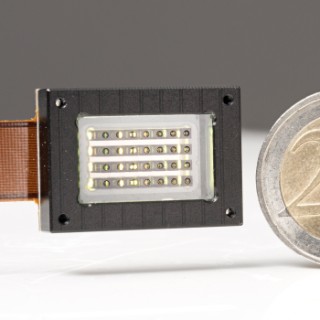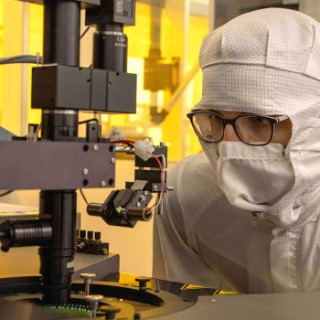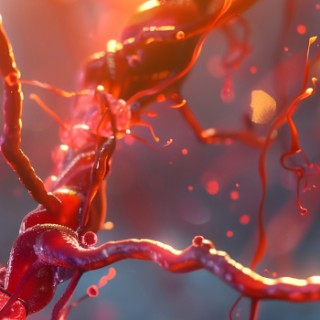Image sensors and their core component, the photodiode, are indispensable in numerous applications, whether in process, measurement, automotive or safety technology. In the near-infrared range, which is particularly important for many analytical applications, silicon-based photodiodes do not yet offer sufficient sensitivity. Therefore, other materials are used, but they are expensive and sometimes harmful to the environment. In a new project at the Fraunhofer Institute for Photonic Microsystems IPMS, sensitive silicon-based photodiodes, which are more cost-efficient in production, are now being developed for the first time. The Federal Ministry of Education and Research in Germany (BMBF) funds the MesSi project with 566,000 euros for a period of three years.
more info

 Fraunhofer Institute for Photonic Microsystems
Fraunhofer Institute for Photonic Microsystems







